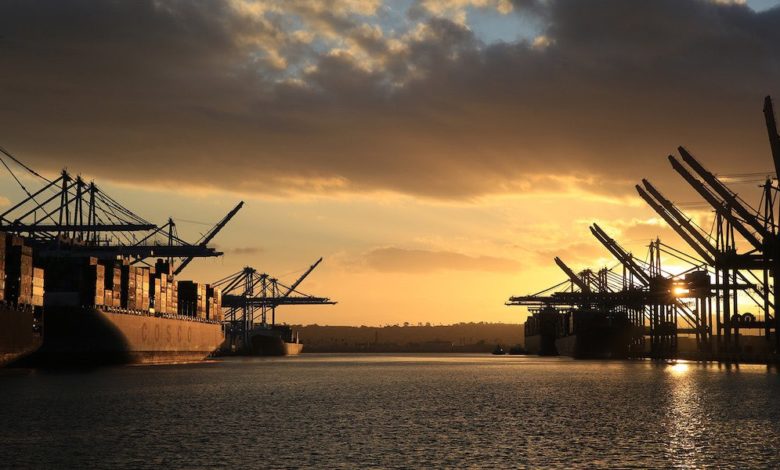[[{“value”:”

US president Donald Trump has slapped additional tariffs of 34% on imports from China, also hitting emerging manufacturing powerhouses like Vietnam and Cambodia hard, while targeting European Union imports with 20% tariffs, and adding a baseline of 10% on most goods imported to the US. As markets were sent into a tailspin, the EU and China vowed retaliation against the levies.
US tariffs are a “major blow” to the world economy and the EU is preparing countermeasures that will apply if negotiations fail, EU Commission chief Ursula von der Leyen said. “The global economy will massively suffer, uncertainty will spiral and trigger the rise of further protectionism,” she said.
China’s commerce ministry called for Washington to “immediately cancel” the new tariffs, warning they “endanger global economic development” and would hurt US interests and international supply chains. It called for dialogue and added: “There is no winner in a trade war, and there is no way out for protectionism.”
There is no way out for protectionism
Neil Shearing, group chief economist at Capital Economics, said Trump’s tariffs were larger than anticipated, with the average US tariff rate now at just under 25%, levels not seen since the 1930s.
“If they stay in place, US inflation likely to head well over 4%,” Shearing warned, adding that China and other Asian economies have been hit hardest with the tariff rate on China now north of 60%.
The tariffs announced yesterday will not apply to crude oil, natural gas, or refined products.
“While it can be argued that this outcome is better than feared for the energy commodity sectors, the tariffs raise concerns about GDP growth, as a slowdown in economic growth could signal weakening demand for shipping,” suggested a shipping markets update from Skandinaviska Enskilda Banken (SEB), a Swedish bank.
In the first Trump trade war seven years ago, the Chinese targeted US farmers and reduced imports of US grain. China is able to substitute this with more imports from Brazil, with minimal net tonne-mile impact.
According to data from Clarksons Platou Securities, dry bulk, particularly grain and steel products, was the most impacted from the first Trump trade war with China, followed by LNG and LPG.
“For dry bulk, we anticipate retaliatory tariffs against the US will affect cargo volumes more than the US’ own tariffs announced on 2 April,” broker Braemar suggested in a note to clients today.
The post Trump ignites global trade war, major economies vow retaliation appeared first on Energy News Beat.
“}]]
Energy News Beat
